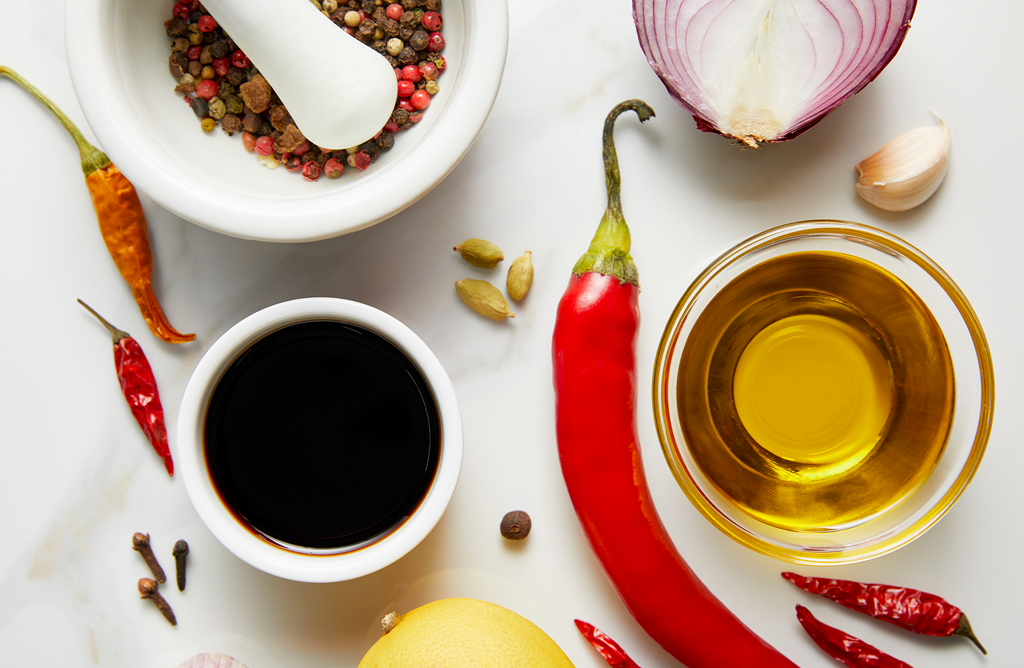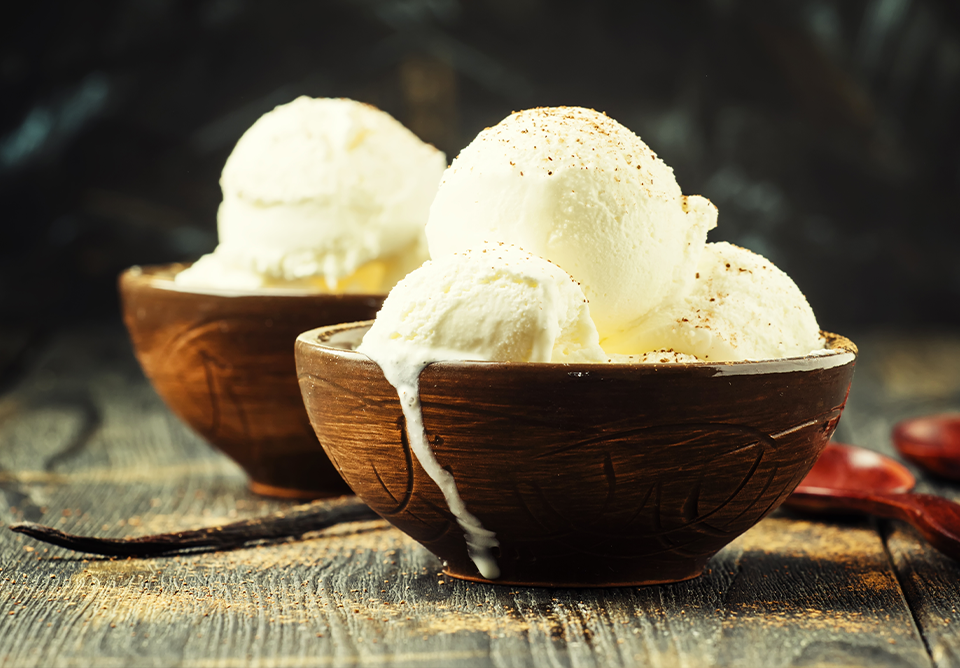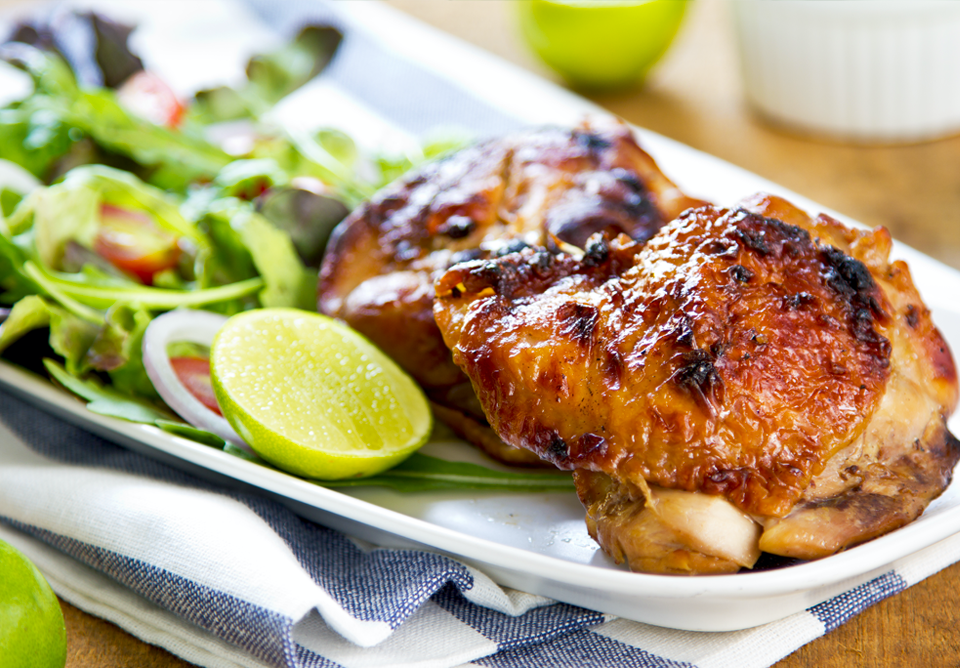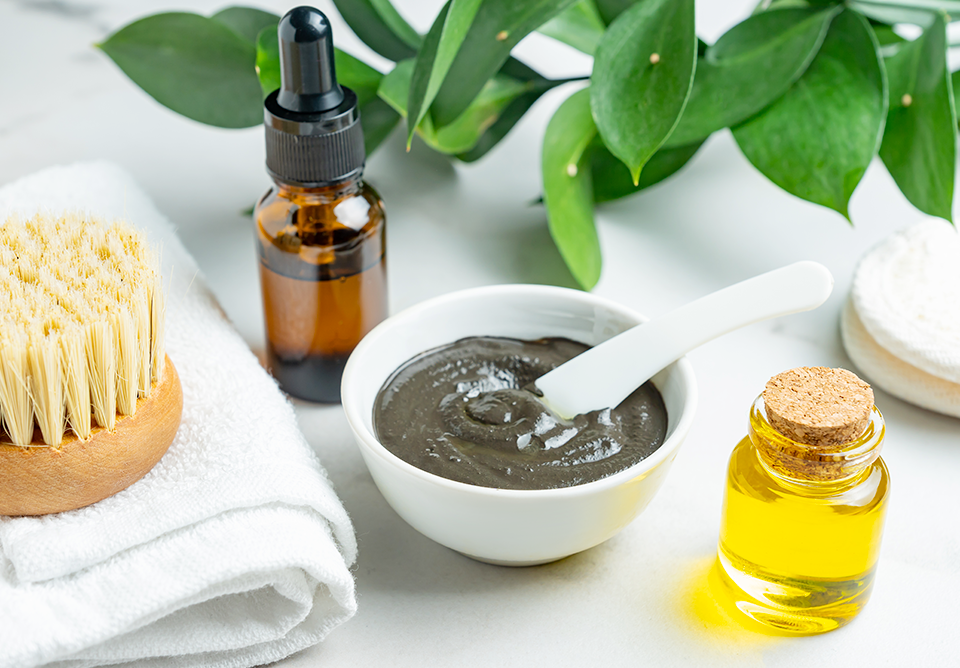Olive Oil in Tunisia: An Essential Element of Culinary Tradition

التقاليد المغذية : أوليفو في مباهج رمضان
May 15, 2024
Healthy Hair with Olive Oil
May 17, 2024Olive oil is more than just an ingredient in Tunisia. It is a cornerstone of our culinary tradition, woven into every aspect of our lives and events. Whether for daily meals or special celebrations, olive oil is at the heart of our recipes, offering a touch of flavor and health to every dish.
An Ancient Tradition
For centuries, Tunisian olive groves have produced world-renowned olive oil. With a history dating back 2500 years, our country has preserved and perfected the art of olive cultivation and olive oil production. Today, this heritage lives on in every bottle of Extra Virgin Olive Oil.
A Vital Presence During Ramadan
During the holy month of Ramadan, olive oil holds special significance. Not only is it used in preparing iftar and suhoor meals, but it is also seen as a symbol of health and tradition. Extra Virgin Olive Oil based dishes provide sustained energy for the fasting day ahead while adding a touch of delicacy to every bite.
Beyond the Kitchen
Extra Virgin Olive oil extends beyond the kitchen in Tunisia. It is a symbol of hospitality and generosity, proudly offered to guests with gratitude. In every drop of olive oil, you will find the richness of our land and the craftsmanship of our artisans.
In Tunisia, olive oil is more than just a culinary ingredient. It is a heritage, a symbol, and a tradition deeply rooted in our culture. Whether in our everyday dishes or during Ramadan festivities, olive oil remains an undisputed pillar of our culinary art, adding an authentic touch of refinement to every meal.
Olive oil is more than just an ingredient in Tunisia. It's a cornerstone of our culinary tradition, woven into every aspect of our lives and events. Whether for daily meals or special celebrations, olive oil is at the heart of our recipes, offering a touch of flavor and health to every dish. An Ancient Tradition For centuries, Tunisian olive groves have produced world-renowned olive oil. With a history dating back 2500 years, our country has preserved and perfected the art of olive cultivation and olive oil production. Today, this heritage lives on in every bottle of Extra Virgin Olive Oil. A Vital Presence During Ramadan During the holy month of Ramadan, olive oil holds special significance. Not only is it used in preparing iftar and suhoor meals, but it's also seen as a symbol of health and tradition. Extra Virgin Olive Oil based dishes provide sustained energy for the fasting day ahead while adding a touch of delicacy to every bite. Beyond the Kitchen Extra Virgin Olive oil extends beyond the kitchen in Tunisia. It's a symbol of hospitality and generosity, proudly offered to guests with gratitude. In every drop of olive oil, you'll find the richness of our land and the craftsmanship of our artisans. In Tunisia, olive oil is more than just a culinary ingredient. It is a heritage, a symbol, and a tradition deeply rooted in our culture. Whether in our everyday dishes or during Ramadan festivities, olive oil remains an undisputed pillar of our culinary art, adding an authentic touch of refinement to every meal. .





